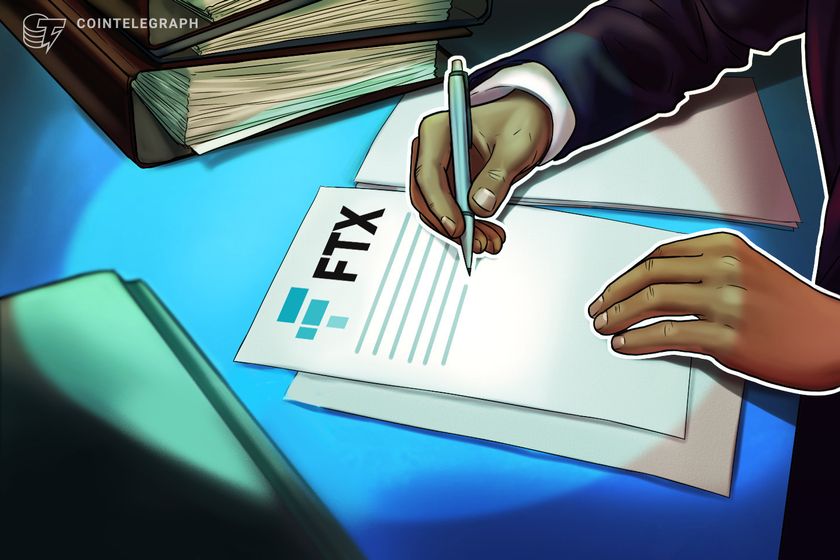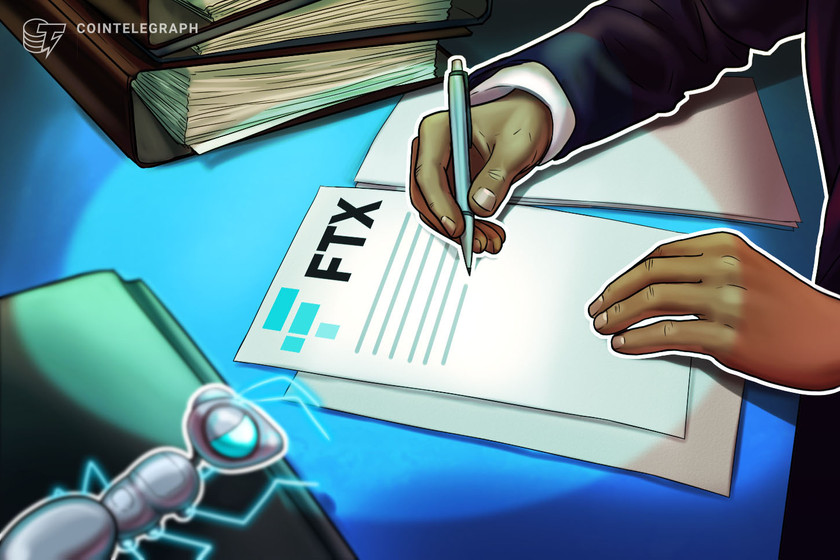Why is Solana (SOL) price up this week?


The recovery in SOL price appears to be driven by SPL tokens and a surge in DeFi and NFT activity.
Solana’s native token, SOL (SOL), gained 5.5% on Dec. 13, reclaiming the $72 support level. Over the past four days, it experienced a 16.7% correction, dropping from a high of $77.80 on Dec. 9 to a low of $63.75. The question is whether the factors driving this recovery will continue to support recent gains.
The rally in SOL was fueled by three factors, in addition to the U.S. Federal Reserve’s announcement on Dec. 13 of three interest rate cuts throughout 2024. Reduced returns on fixed-income investments are typically seen as bullish for risk-on assets like cryptocurrencies.
During a Dec. 12 interview on CNBC, Commodities Futures Trading Commission (CFTC) Chair Rostin Behnam mentioned that the “turf war” among various regulatory agencies is hindering the establishment of clear guidelines for the sector. Behnam believes most tokens are commodities under existing laws and expects the crypto market to persist.


















